Thinking beyond our myopic view of the world: Cinemapreneur is bringing Indie films to movie lovers with its new OTT platform
If you love short films, documentaries, and Indie movies, check out Cinemapreneur, a new home for Indian independent films
If you love independent cinema more than commercial blockbusters, get ready to enjoy them on an exclusive platform that is created for independent filmmakers. Cinemapreneur, a platform for indie films, will bring new cinema that is fiercely independent and uncompromisingly uncommon to your homes.
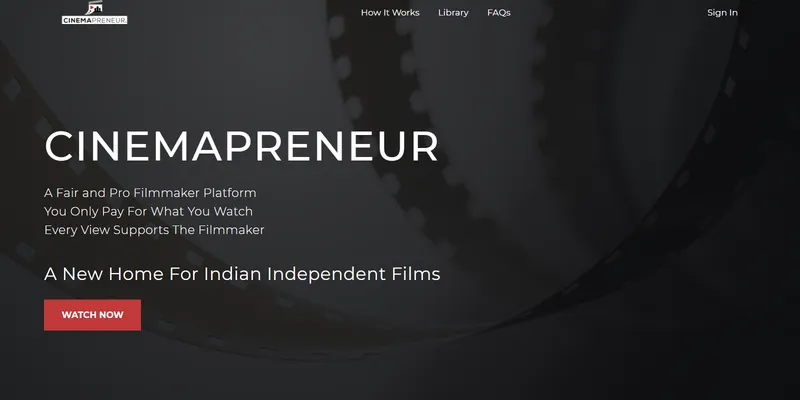
Indian independent films can now be viewed on Cinempreneur
The platform was launched last month with 25 titles, and the founders plan to bring about 300 titles to their audiences by the end of 2020.
India has made its mark in world cinema with the work of talented filmmakers like Chaitanya Tamhane, whose film recently got into the list of competing films for the Venice International Film Festival. However, independent films in India remain limited to festivals as avenues for a proper release and monetisation are localised and few.
It was due to these reasons that Cinemapreneur was launched as an online pay-per-view platform, exclusively featuring Indian independent films.
The movie/video-on-demand platform includes shorts, features, and documentaries. The films can be streamed by paying for individual content, and the majority of the revenue goes back to the filmmakers.
In an interaction with YSWeekender, Gaurav Raturi and Rupinder Kaur, Co-founders of Cinemapreneur, spoke about their new platform, how they curate the movies, and the importance of good cinema in the world of entertainment.
Edited excerpts from the interview:
YSWeekender (YSW): How did you think of a concept like Cinemapreneur during a time when people are hooked to major OTT platforms for entertainment?
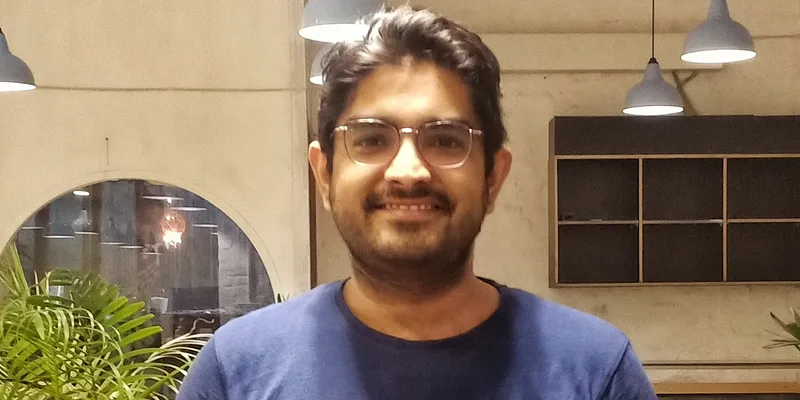
Gaurav Raturi
Gaurav Raturi (GR): Over the last few years, we have been screening films at our previous venture Filmbooth. In fact, we have run eight independent film festivals and over 100 screenings in the last eight years. We understood the gaps in the independent film ecosystem through this.
We realised most independent films after the festival journey do not land on any platform. A theatrical release is too expensive, and it’s tougher for small-budget films to find a place in major OTT platforms, and they do not get discovered by the cinephiles. With that in mind, we started the research over the last year and finally launched Cinemapreneur. Rupinder and I founded it.
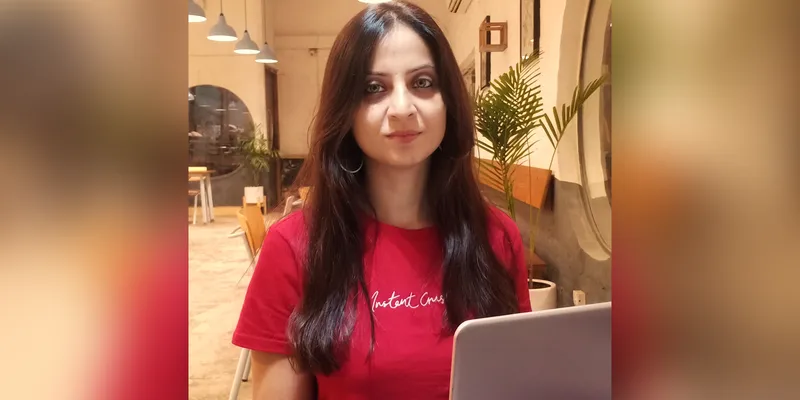
Rupinder Kaur
YSW: Can you tell us about yourself?
RK: Before co-founding Cinemapreneur, I have been leading partnerships and alliances for various startups for the last five-six years. I have an overall 10 years of industry experience, wherein I have worked with ecommerce, fintech, and product-based companies.
My taste in movies ranges from action and thriller movies to independent cinema. Like a true cinephile, I want to watch good, engaging content at the end of the day.
YSW: Why did you decide to get into entrepreneurship?
RK: During these uncertain times, there is a lot of action going in the startup space, wherein investors are looking for scalable ideas, and women entrepreneurs are also being encouraged.
When we were researching and building on the idea of launching an OTT, a lot of filmmakers were very hesitant to onboard with us, even though they liked the idea. Cinemapreneur is a bootstrapped venture, and a lot of costs are associated with it being a tech platform.
However, we received an overwhelming response, and a lot of filmmakers now want to associate with Cinemapreneur and show their films to the audiences.
YSW: What are some of the films that people can watch on Cinemapreneur?
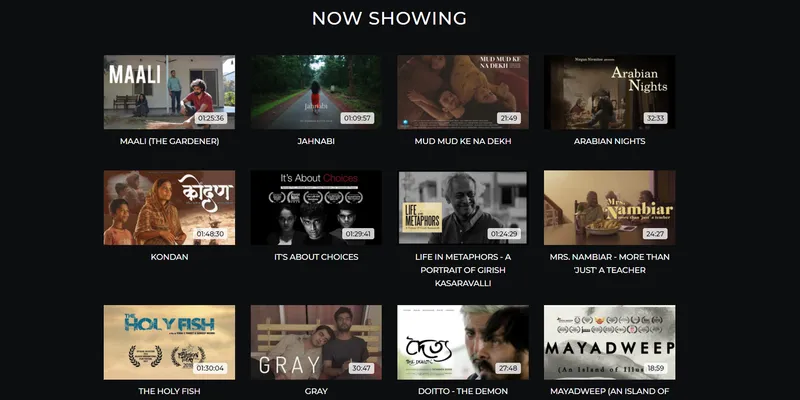
Cinemapreneur offers content by independent filmmakers
GR: Cinemapreneur offers curated quality content. There are short films, features, and documentaries, dealing with themes like society, gender roles, and sexuality.
We have O P Srivastava’s National Award-winning documentary on Girish Kasaravalli, Anirban Dutta’s feature film Jahnabi, and Ashwini Malik’s Maali, and more premiering on our platform. Sanat Ganu’s short Arabian Nights, which recently premiered and won Best Short Film (narrative) at the New York Indian Film Festival, is also featured.
Preet Gohil’s Gray and Mujeer Pasha, as well as Veena Kulkarni’s Mud Muneer Ke Na Dekh, explores sexuality, Sachin Ashok Yadav’s feature film Kondan explores the aftermath of a farmer’s suicide, and Vimal Pandey and Sandeep Mishra’s Holy Fish is the narrative of a man on his journey to attain moksha.
We have content from all corners of India, stories of people from various contexts and backgrounds, which are otherwise tough to find in mainstream spaces.
YSW: What are some of the movies that are must-watch according to you? What are your personal choices?
RK: If I had to suggest few films from the catalogue, I’d recommend Ashwini Malik’s Maali, where a middle-class couple’s marriage is called into question during a quiet getaway. Also, Sandeep Kumar’s Aarambh, which explores a child’s search for an answer to what happens after death. Gray by Preet Gohil is a short that goes beyond the idea of love and marriage. One cannot miss Kondan, a feature exploring the aftermath of a farmer’s suicide.
How does Cinemapreneur work? How much do we have to pay for each film?
GR: Cinemapreneur is a pay-per-view transactional video-streaming platform, where one doesn’t have to subscribe monthly/annually, but just pay per film. Cinemapreneur offers feature films at Rs 149, feature documentaries at Rs 99, 60-minute documentaries at Rs 79, and short films at Rs 49.
YSW: What has the response been, and who has been watching the most?
GR: The response from the filmmakers have been really appreciating. We received over 200 entries for film submission, and in one week, over 10,000 cinephiles explored our catalogue.
YSW: How do you curate these films? What are the criteria?
RK: Our curation team has to go through every film and see it as a fit for the platform. One of the major criteria is that the film should not be available on any free platform. We are also looking for quality cinema.
YSW: What kind of content is very popular among audiences?
GR: Today, audiences have a great exposure to a mix of content available to them. If a film does really well internationally, it obviously creates a buzz, and people are curious to watch it. With so many subjects being explored by filmmakers now, as audiences, we have become more experimental in our choice of cinema and are open to watching more non-mainstream films. It is this uncertainty that people enjoy than just watching the traditional mainstream rom-com plots.
YSW: Do the films appeal to those seeking entertainment or those seeking serious cinema?
RK: I think there is a misconception among the general audience that indie content cannot be entertaining. We have content that will appeal to anyone seeking entertainment and also looking for more meaningful cinema.
Obviously, the budgets for these films don’t have very high production costs, but at the end of the day, every filmmaker wants to either entertain or educate the audience through films as a medium.
YSW: What kind of movies did you show offline when you were testing out the platform?
GR: We showed around 100 short films, 15 documentaries, and a few indie features over the last two years. We understood that audiences want to explore new genres of films, even if they don’t have stars, but a good storyline.
We felt that each audience member related to a certain kind of film, and in the end, after watching four-five short films, each person had a different favourite film. In fact, when we screened Gamak Ghar, we got sold out in two days, which made us believe in indie films all the more.
YSW: Is this the first of its kind of platform? What is your USP?
GR: TVOD (transactional video-on-demand) is a global concept, and we are one of the first few to launch it in India. Our USP is that we want to focus on streaming indie films that have done festival rounds but don’t have a platform to reach out to a wider audience.
YSW: What do you love about good cinema?
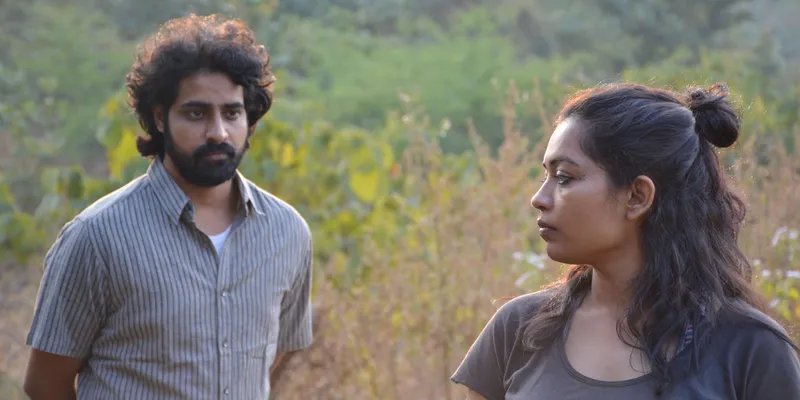
A still from the film, Maali (The Gardener)
RK: My taste in cinema has evolved a lot over the years. With the advent of OTT platforms, we have been exposed to some really interesting content. For me, good and genuine cinema means something that holds my attention even after I’m done watching it. Good cinema should make us think beyond our myopic view of the world.
YSW: Why do you think people should watch good movies instead of only pure entertainment? How will it enrich their lives?
RK: In times like these, where a lot of content is freely available, the need of the hour is to provide the audience with genuine, highly curated content, and cinema that is tough to find.
As audiences, we need to figure out our place in the world where we appreciate good quality cinema that not only lets us question long-lost traditions but also helps us evolve with time.
This is where we want to make a difference.
YSW: How do you plan to build up this space in the days to come, and what are your plans for the future?
GR: Our vision is to become a home for independent films from India. As a platform, we want to become a one stop destination for everything indie. Right now, it’s a bootstrapped venture but we plan to raise funds soon and invest in technology, marketing, curation, and brand building.
The mobile app will also be launched within the next six months. We also seek to revolutionise the content creation by producing our own set of films and titles post-2021. We shall also create a fund for filmmakers who seek to create art-house films.
(Images from Cinemapreneur)
Edited by Suman Singh






